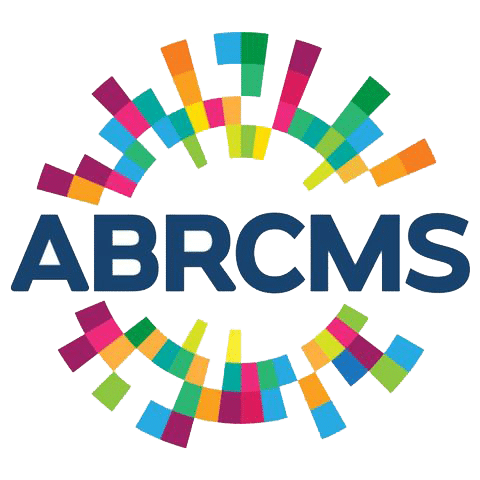Clifton Poodry, Ph.D.
Clifton Poodry, Ph.D.

Clifton Poodry, Ph.D.
Talk Title:
ABRCMS Past, Present, and Future: Discussion with Leaders
Time:
Friday, November 17
Keynote Panelist
10:15 – 11:00 a.m. MT
Clifton Poodry is currently a courtesy professor at the University of Oregon, where he participates in the instruction of an ethics course for graduate students. He was a Professor of Biology at the University of California, Santa Cruz, where he also served in several administrative capacities.
As a rotating Program Director for Developmental Biology at the National Science Foundation, Poodry developed the minority supplement initiative that was copied widely at NSF and later at NIH. He was the Director of the Training, Workforce Development and Diversity Division at the National Institute for General Medical Sciences (NIGMS), NIH, where he was responsible for developing and implementing NIGMS policies and plans for research training programs and capacity-building programs that reflect NIGMS’ long-standing commitment to research training and the development of a highly capable, diverse biomedical and behavioral research workforce.
At NIH, he developed the Institutional Research and Academic Career Development Award (IRACDA), in which postdocs, as part of mentored training, teach at minority-serving institutions. He developed a new research initiative designed to understand the efficacy of interventions and thus inform future planning of student development activities. He also developed the Native American Research Centers for Health program in collaboration with the Indian Health Service. As a Senior Fellow in the Science Education Department at HHMI, he led the Gilliam Fellowship Program and an experiment for the adoption/adaptation of the UMBC Meyerhoff Program. Dr. Poodry is a native of the Tonawanda Seneca Indian Reservation in Western New York. He earned both a B.A. and an M.A. in Biology at the State University of New York at Buffalo and received a Ph.D. in Biology from Case Western Reserve University. He has served on the advisory boards of both AISES and SACNAS.
